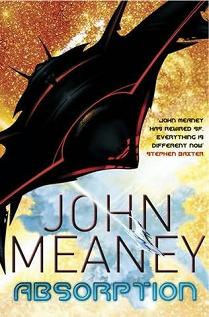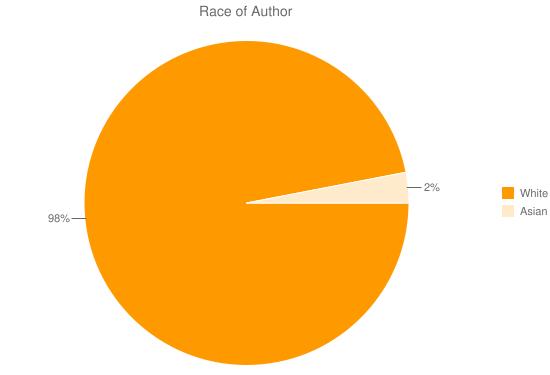Learning to Read Adam Roberts and On Learning to Read Adam Roberts
How do you solve a problem like Adam Roberts, a writer every book of which I’ve read I’ve disagreed with and/or disliked? Whom, despite this, I still keep coming back to every few years or so. Bad writers you can dismiss, writers that you dislike you can dismiss, even writers you like and enjoy you can often set aside more easily than a writer that irritates you, like a piece of sand in an oyster.
Vuijlsteke brainstorms the right colours to use in a health check for some server or something
For now he’s settling on a scheme with five colours between dark green and dark red. Myself, I’ve more and more realised anything but three colours (safe, unknown/undecided and danger Will Robinson danger) is overkill and confusing especially to higher management. Really high management (or “overhead”) only needs two: “need to deal with this to be finally rid of this project” and “let the little people worry about this when we’re gone”.
Remember when Iron Maiden got a number one hit?
The discussion is a bit unfair on “Bring your Daughter …to the Slaughter” which is a better live than single track but interesting in seeing people’s opinions about who’s actually listening to metal. The consensus seem to confirm my own hunch that it was both the boys you wouldn’t trust in woodshop with a sharp knife and the more nerdy dreaming types with Tolkien posters and D&D habits as well as people like, well, Ben.
Somebody else fed up with the Holland Uber Alles message of much current advertising
Not to mention in current politics cultural commentary, popular culture… Holland is a decent enough country to live in, if it were not for a large part of the people living in it and their absymal tastes in everything. Dutch culture does not have to be inferior to anywhere else, but by and large we’ve mostly seem to haven given up competing with the big boys and retreated to celebrating our own mediocrity. As long as it drapes itself in orange and clogs and windmills any old shit can sell as shinola.
The Comics Journal has been redesigned and under new management
It keeps its worst aspect though: having to register to be able to comment. I hate sites that do that, especially when if you really feel the need to filter your readers, use OpenID and let people register with e.g. their Livejournal accounts rather than setting up your own crappy registring process. Tor.com does this as well and my comments nine out of ten times still get eaten. Doesn’t endear me to the fsckers.


